All Stories
-
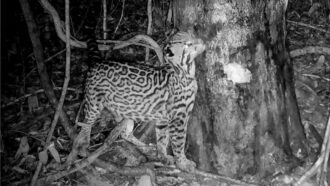 Animals
AnimalsSeveral mammals use a South American tree as their pharmacy
Researchers in Brazil’s Atlantic Forest stumbled onto something very strange. They watched as animals “doctored” themselves with products from a tree.
-
 Fossils
FossilsBizarre ancient critter has spines but no anus
The spiny discovery moves this minion lookalike off a distant limb on the human family tree.
By Anna Gibbs -
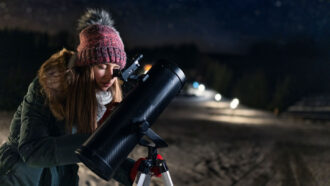 Space
SpaceScientists Say: Telescope
Almost everything we know about the universe around us, we know thanks to telescopes.
-
 Earth
EarthNot one, but two asteroids might have ended the age of dinosaurs
A craterlike structure found off the coast of West Africa might have been formed by an asteroid that struck around the time dinosaurs went extinct.
By Nikk Ogasa -
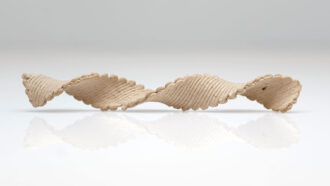 Tech
TechNo trees were harmed to 3-D print this piece of wood
How clever! Scientists used print-speed adjustments to control how flat, 3-D printed shapes morph into complex wooden objects.
-
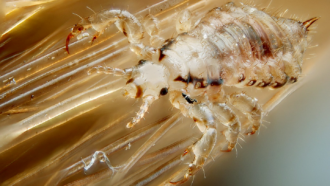 Animals
AnimalsSome ecologists value parasites — and now want a plan to save them
Parasites get a bad rap as disease-causing, unwelcome guests on other organisms. But parasites are also imperiled, and scientists don’t want to lose them.
-
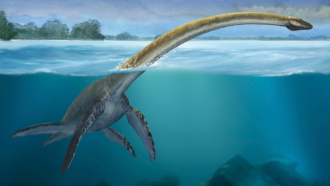 Animals
AnimalsAnalyze This: Bulky plesiosaurs may not have been bad swimmers after all
Long-necked plesiosaurs were thought to be slow swimmers. But new research suggests the animals’ large size helped them overcome water resistance.
-
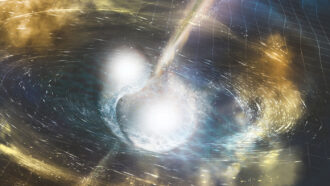 Space
SpaceLet’s learn about gravitational waves
Gravitational waves offer scientists a new way to view extreme objects such as black holes and neutron stars.
-
 Animals
AnimalsA tiny microbe inspired this scientist’s big dreams
Marc Mapalo has discovered three species of tardigrades and studies fossils of these water bears to better understand how their bodies have changed over time.
-
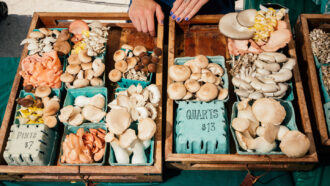 Life
LifeScientists Say: Fungi
Although some fungi can cause diseases, others can be eaten, used to make medicines or serve other useful functions.
-
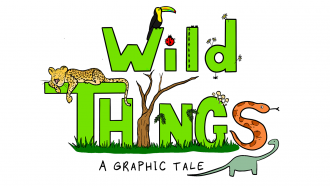 Animals
AnimalsHow boa constrictors squeeze their prey without strangling themselves
Tracking boas’ ribs in X-ray videos revealed the snakes’ squeezing secrets. It’s the latest Wild Things cartoon from Science News Explores.
By Maria Temming and JoAnna Wendel -
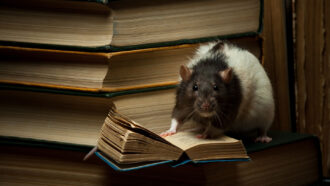 Archaeology
ArchaeologyRats can chronicle human history
Rats have lived alongside people for thousands of years. Now, scientists can study the rats and their leavings to learn more about ourselves.